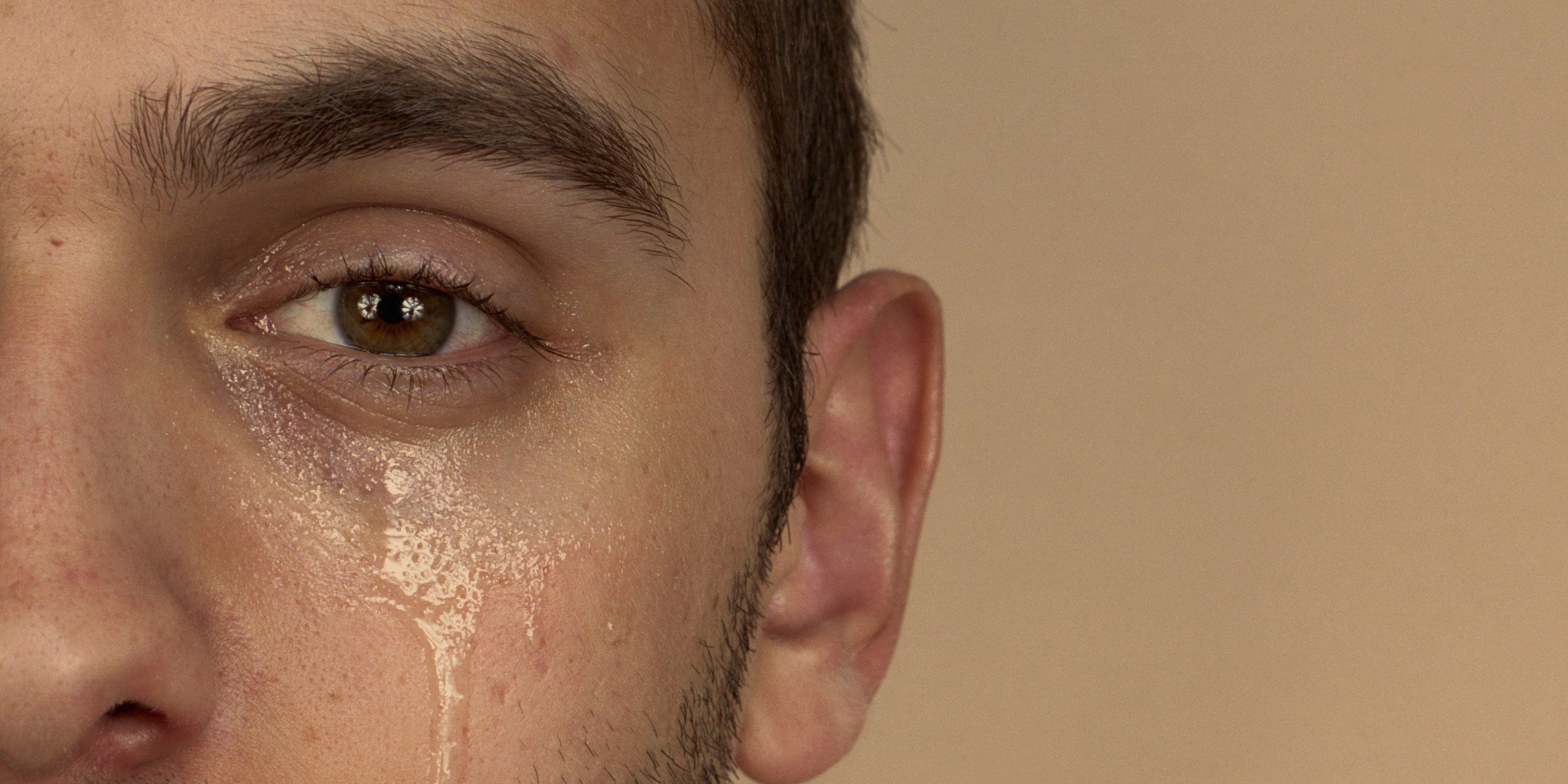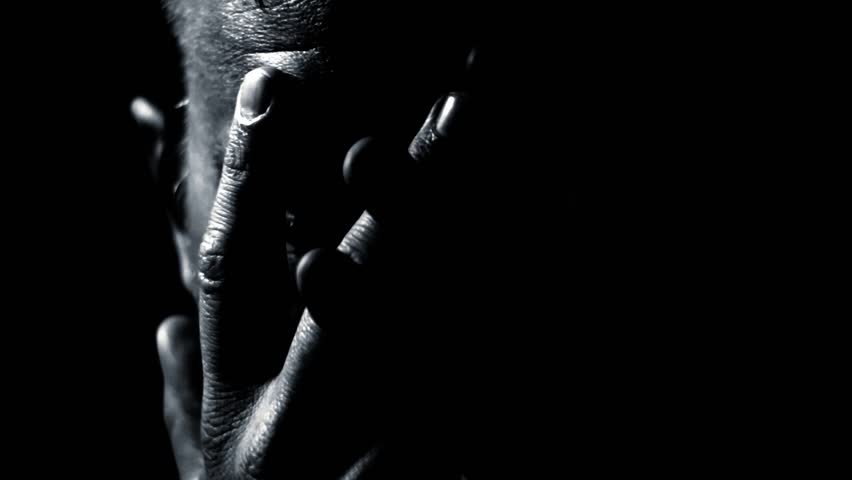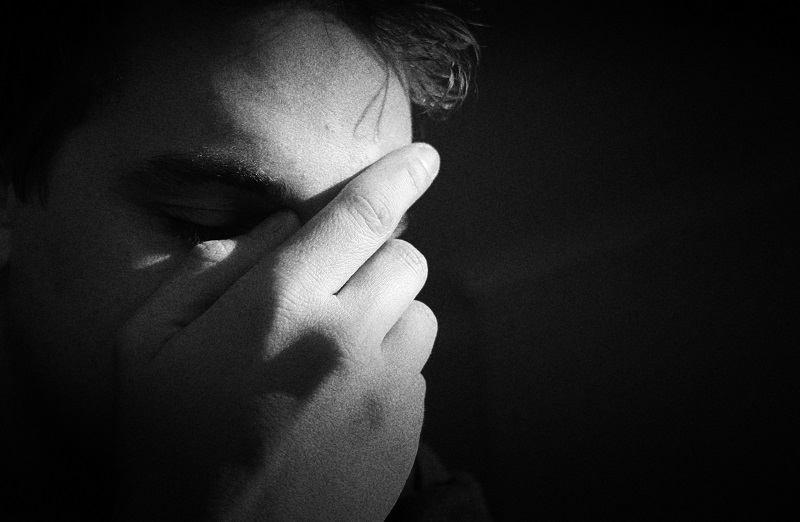Over the past couple of years, a greater dialogue has started around mental health. One aspect of mental health is the onset of depression.
Male depression, one that affects men because of male-specific issues, is something that often gets lost in the noise about other “more important” mental health issues
While statistically, women suffer from depression a lot more than men, it’s imperative to remember that there are still male victims of the illness. Often the numerical ratio overshadows the importance of a sole discussion around male depression in Pakistani men. However, male depression is a pressing issue that needs to be talked about more.

The Pakistan Medical Association stated that depression in Pakistan is a lot higher than the world average.
Moreover, its incidence is much greater in urban areas than in rural districts. Around 34% of the population suffers from depression. While it may seem like a relatively small figure, the numbers add up to a lot more than what meets the eye. It has been reported that more than a quarter of men in Pakistan are depressed.

We must remember that our societal framework is structured in a way where:
a) mental health is not given much importance
b) seeking help in the form of therapy is still considered a taboo
c) men are expected to be pillars of immense strength and owning up to a mental illness would be considered to be a sign of weakness.

This belief and societal framework hold men back from accepting that they may be suffering from the mental illness. Moreover, the World Health Organization (WHO) listed some possible reasons behind depression. Some contributing factors include the following:
Financial or personal problems
Any occupational or family problems could lead to depression.
A rapid change in life
Constantly changing life situations – to a point where the individual cannot cope or keep up – can also contribute to depression. This could include marriage, loss of one’s job or the loss of a partner.
Constant stress
Being exposed to constantly stressful situations – to a point where it becomes overwhelming – is another contributing factor.
Poor nutrition
This includes the intake of unhealthy food, or simply food that isn’t enough to sustain an individual.
Substance abuse
Any use of licit or illicit drugs can be a contributing factor.
Experiencing any form of adversity or trauma during childhood
This could include living with an absentee parent, the tragic loss of a parent or any form of abuse experienced during those formative years.
Familial history of depression
A depression gene was recently isolated by a British team, leading scientists to believe that as many as 40% of those with depression can trace it to a genetic link.

So how does one identify this pattern of depression in Pakistani men? Here are a few distinct tell-tale signs and symptoms:
- A change in appetite is observed.
- Anxiety attacks, or anxious feelings in general start becoming more common.
- A change in sleeping pattern is a major indication as well. Sleeping for long or short periods of time are both tell-tale signs.
- Feelings of restlessness are observed.
- Thoughts of self-harm are voiced or attempts at self-harm are observed.
- General feelings of worthlessness are seen.
- Suicidal tendencies are observed.
)
With spiking suicide rates, male depression should never be taken lightly.
Dr. Murad Moosa Khan, professor of psychiatry at the Aga Khan University, cited WHO, stating that every year between 13,000-14,000 Pakistanis commit suicide. Moreover, a staggering 130,000-300,000 attempts at suicide have been recorded annually.

It is thus that insistence on seeking therapy whilst battling depression becomes all the more imperative. No, you do not become less masculine or weak if you admit to being a sufferer of a mental illness. In fact, is there not immense strength in admitting and making peace with the fact that you may need help? And as a society, if we truly love our men, should we not encourage therapy for their own betterment?
What do you think about this matter? Share your thoughts and experiences with us in the comments below.
Cover image via @ali_zafar / Instagram